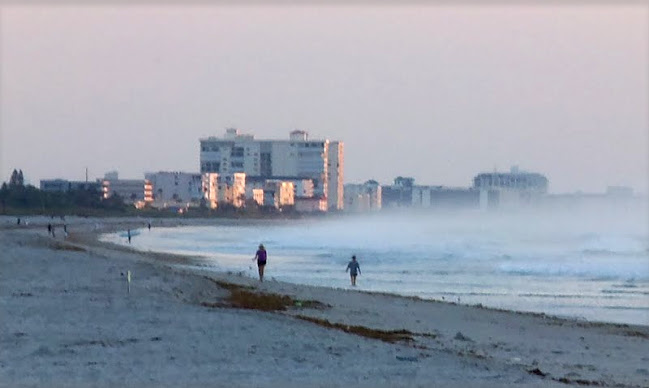Despite the task force's recommendations, one member demanded that the bill include a requirement for associations to fund reserves. He would not compromise and as a result, the bill failed to pass. As it stands now, Florida condo associations can fund reserves completely, partially or not at all. Those with partial or no reserves must levy special assessments when funds are needed for repairs. The resistance to a large special assessment is what led to the delay and subsequent collapse of the Surfside building.
Most associations fund reserves for big ticket items like the roof, pool, parking lot and painting. Until now, concrete repairs have rarely been specifically included as an item in condo reserves. If associations were required to fully fund reserves and include concrete repair in them it is conceivable that some associations would have to raise their monthly fees into the thousands of dollars per unit. It is a tough situation and whether law or not, condo boards are still faced with the challenge of maintaining their buildings and raising the money necessary from owners. There is always resistance to assessments or increased fees and as a result expensive repairs are often pushed off into the future. There are buildings in our area that have serious concrete issues that should have been taken care of long ago. Anyone hoping to buy a condo unit on the ocean should pay close attention to the appearance and integrity of the buildings they're interested in and to also examine the financials to determine the ability of the association to fund repairs. Low monthly fees for an oceanfront building, while attractive, are a red light for prospective buyers. Do your homework. Whatever the monthly fee is today, it is going up.
''Most of us did not think these kinds of things could happen in our country. The veneer of civilization is very thin." __Margaret Thatcher
